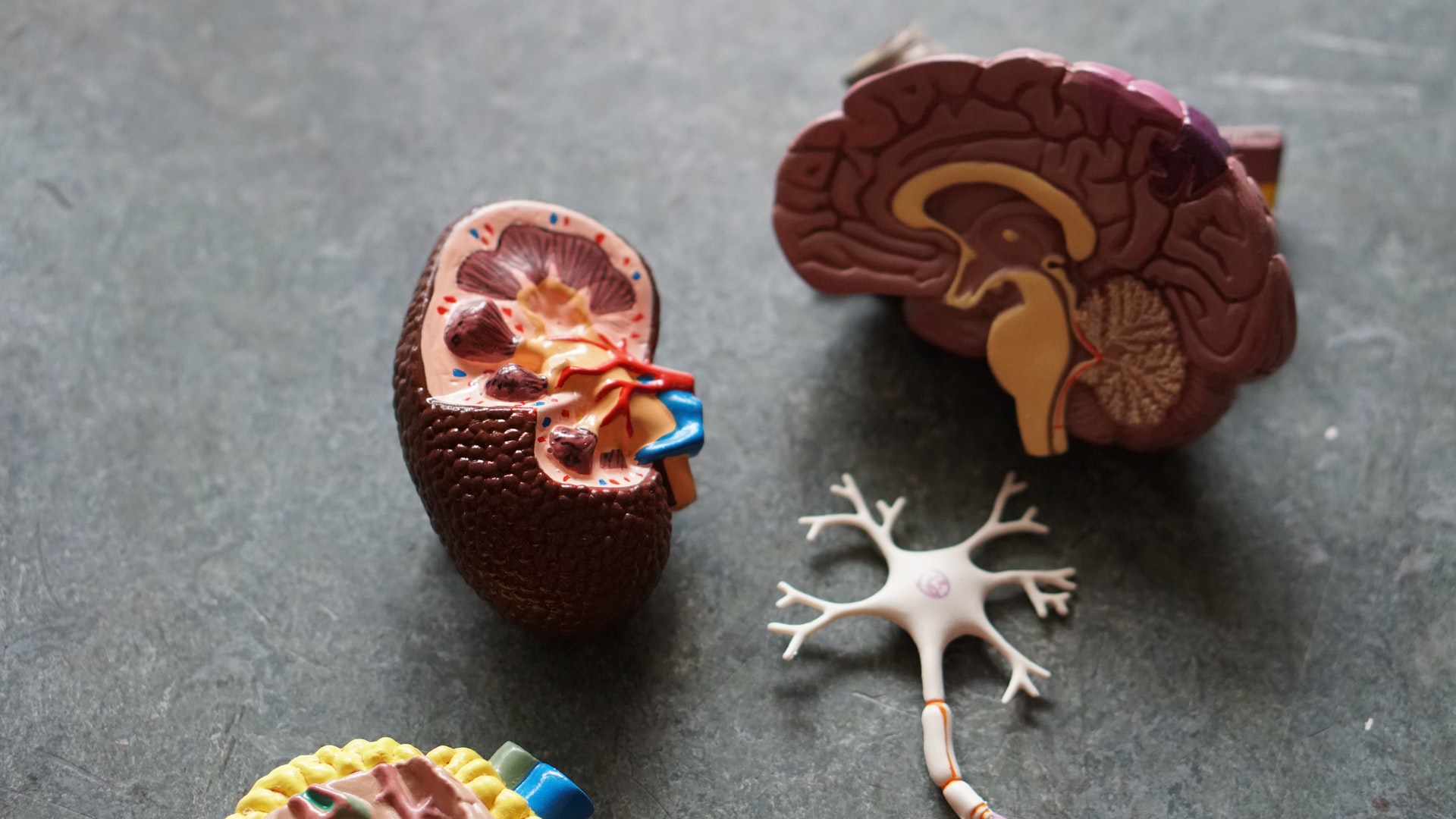Major Signs Your Kidneys Are Failing
That perfect feast you have always planned for and finally nailed puts a smile on your face but sets your body into work. The body irrespective of the route of anything introduced into it tries to make the best out of it but in the process, the excess of whatever produced, waste, and toxins needs to be excreted out of the body.
The kidneys are the main organs responsible for excretion although other organs play a minimal role. The kidneys are two bean-shaped organs located in our abdomen responsible for numerous functions like; excretion of waste, production of red blood cells, maintaining blood pressure, synthesis of vitamins, etc. These essential roles of the kidneys make it a vital organ because without it life is incompatible.
One might wonder, I know of someone who has only one kidney and still living a normal live. Yes, you are perfectly right. In the absence of one kidney whatsoever the cause is, the other remaining healthy kidney plays the function for both. This is why I can decide to donate one of my kidneys and still have a healthy and an exciting life.
Renal injury or failure are the most common terminologies you would usually come across and it simply means reduced or loss of kidney function. Renal failure can either be of an acute onset or from a chronic injury.
The etiology of renal failure is more than the scope in this article can cover but I would like to leave you with a few common causes; hemorrhage, drugs, hypoperfusion, heart failure, sepsis, diabetes, etc. This article is to enlighten us on the major signs and symptoms that can raise our suspicions of renal failure.
It must be noted that, a failing kidney can be saved when detected and managed accordingly in due time but a terminally failed kidney cannot be saved.

- Decreased urine output: “it is no exaggeration to say that the composition of the blood is determined not so much by what the mouth takes in as by what the kidneys keep” Homer Smith made this beautiful quote about the kidneys and it is an exact Picasso of renal function. The kidneys filters blood to regulate effective circulating volume and also to excrete toxins or excess substances in plasma. Urine output is mostly a true reflection of renal function although there are a lot of factors that alter urine output. A decreased urine output within a certain period raises the alarm to clinically check the function of the kidneys whether its failing or it is of a different cause.
- Fluid retention: As explained above on how the kidneys are responsible for regulating fluid volume in the body through urine production. A failing kidney losses the ability to filter the blood leading to the accumulation of excess fluid in the body. Accumulation of fluids leads to vascular engorgement and a resultant escape of the fluid into interstitial space. The clinical manifestation of fluid retention is generalized edema (facial puffiness, abdominal distention, leg swelling, etc.). Heads-up, fluid retention can also be seen in chronic liver disease, congestive heart failure, etc.
- Shortness of breath: This not a direct sign of a failing kidney but it speaks loudly in support of the others mentioned above. Accumulation of fluid due to its retention leads to fluid sipping/leaking into the lungs causing pulmonary edema (accumulation of fluid in the lungs). This fluid accumulated in the lungs causes a deficit in the normal gaseous exchange in the lungs and also the fluid makes the lungs heavy hence, shortness of breath.
- Palpitation: This is the feeling of one’s own heartbeat. This a symptom associated with a number pathological processes. Sometimes it can arise from just being anxious but in a failing kidney it is due electrolyte imbalance especially potassium leading to arrhythmias.
- Pallor: Paleness is a classical sign of anemia (low levels of red blood cells). People with failing kidneys have low levels of erythropoietin. Erythropoietin is a hormone synthesized by the kidneys, it stimulates the bone marrow to produce red blood cells. The kidneys which are injured or diseased and are failing cannot synthesize enough erythropoietin resulting in anemia. The paleness can be seen from the conjunctiva, the palm of the individual, translucent mucosal surfaces, etc.
- Nausea and vomiting: Build up urea due to a failing or failed kidneys lead to a syndrome called uremic gastritis. This is inflammation of gastric mucosa with symptoms of dyspepsia (abdominal pain, nausea, vomiting, etc.).
- Hypertension: Markedly reduction in glomerular filtration rate causes the kidneys to release vasoactive substances (renin) which leads to fluid retention and vasoconstriction. Fluid retention and vasoconstriction leads to an increased blood tension against the arterial walls and this is basically hypertension. People who are not known hypertensive may develop hypertension when there is an impending kidney failure.
- Seizures: Uremic encephalopathy is another syndrome of renal failure. Build up urea (a waste product) leads to cerebral edema. Edema of the brain, causes the brain to generate abnormal electrical signals with systemic manifestation called seizures. There might also be a change in personality, behavior, and other CNS manifestation.
It must be noted that most of these signs can happen in other conditions. So it is important to see a doctor when one start experience any of these signs.
REFERENCES
1.https://www.mayoclinic.org/diseases-conditions/kidney-failure/symptoms-causes/syc-20369048
2.https://www.healthline.com/health/kidney-failure#symptoms
3.https://lifeoptions.org/learn-about-kidney-disease/kidney-disease-symptoms/
4.https://www.mayoclinic.org/diseases-conditions/kidney-failure/symptoms-causes/syc-20369048
5.https://www.dovemed.com/diseases-conditions/acute-kidney-failure/





